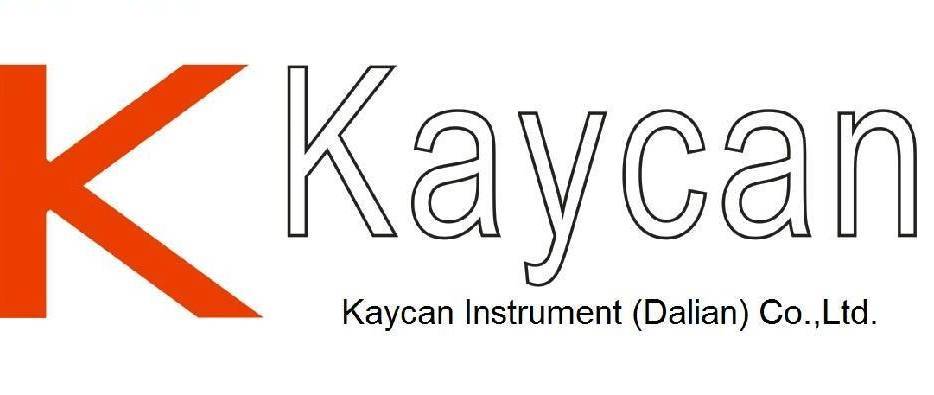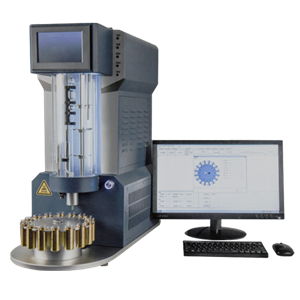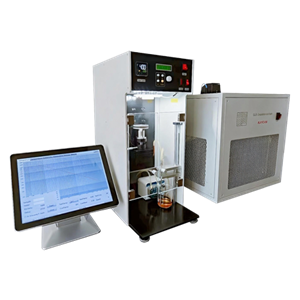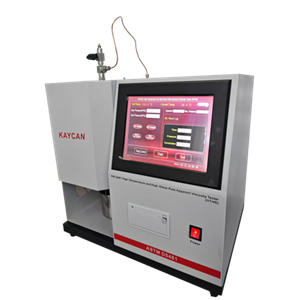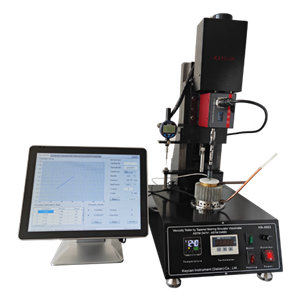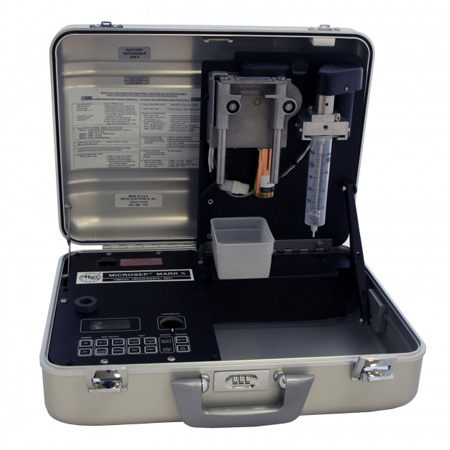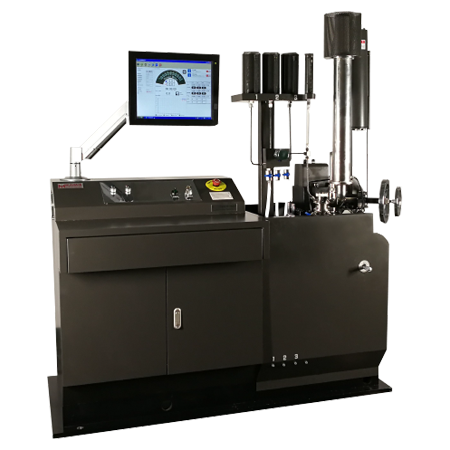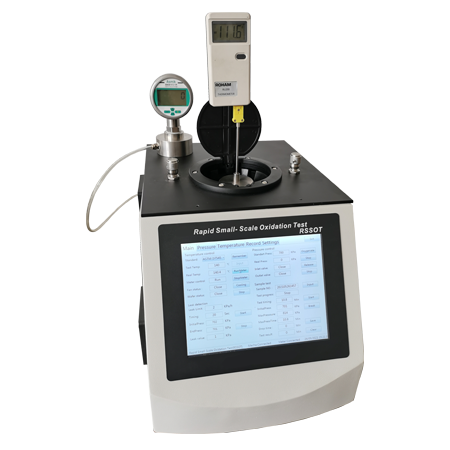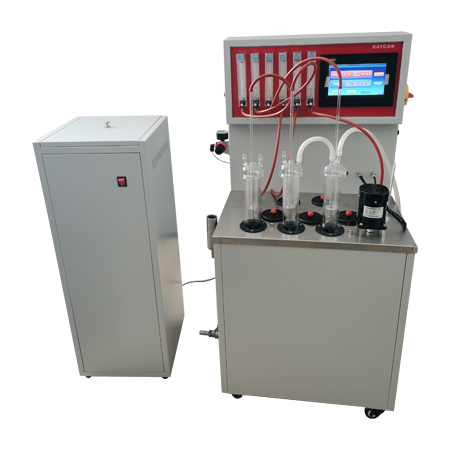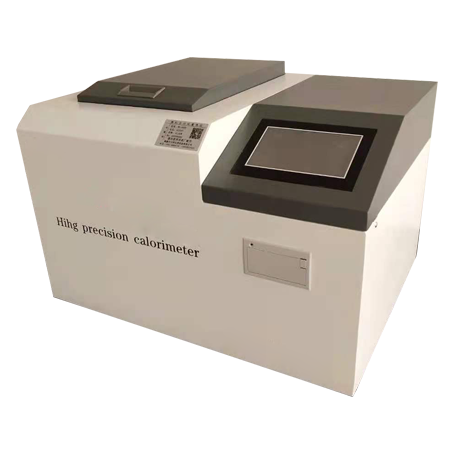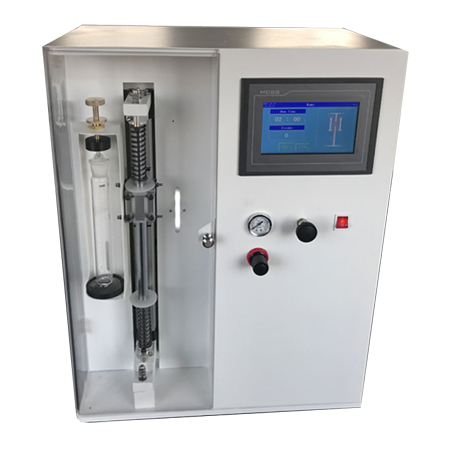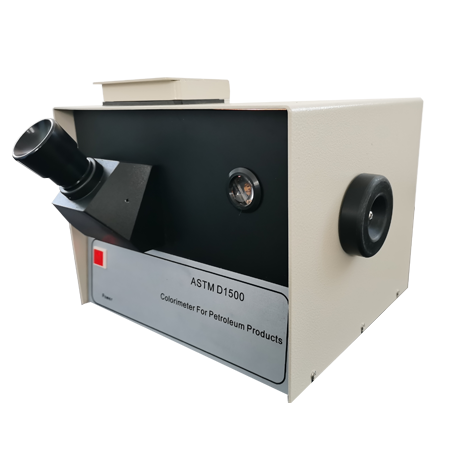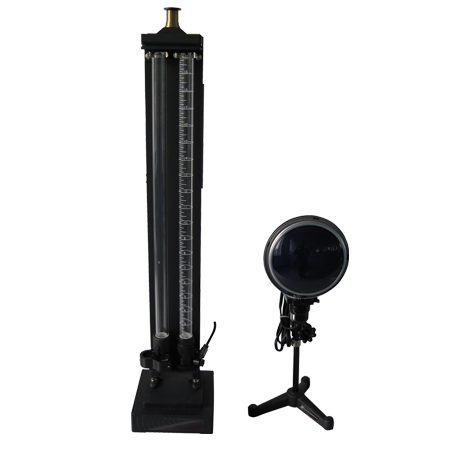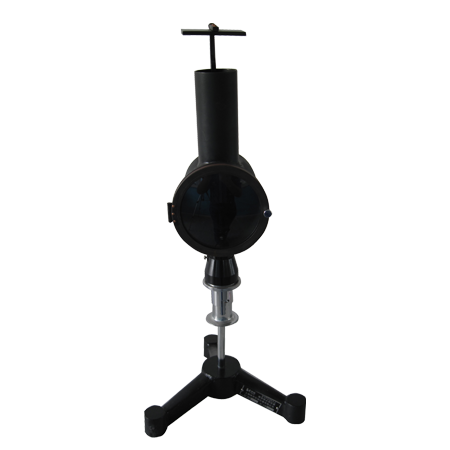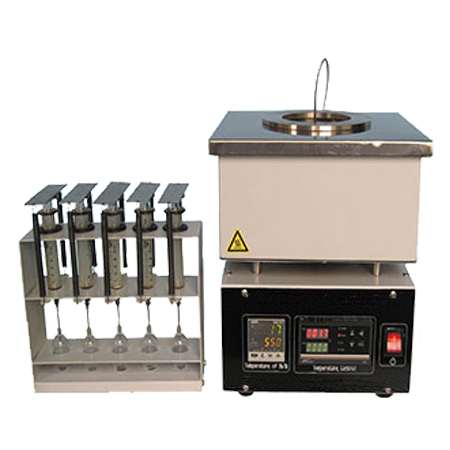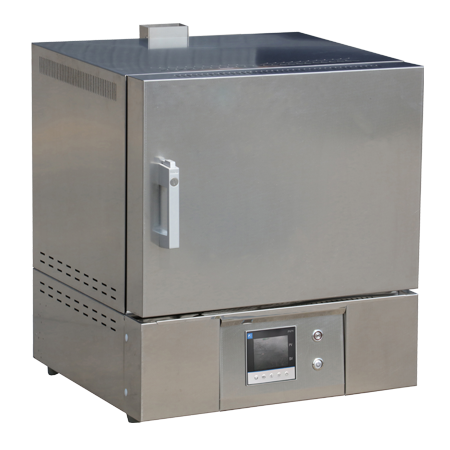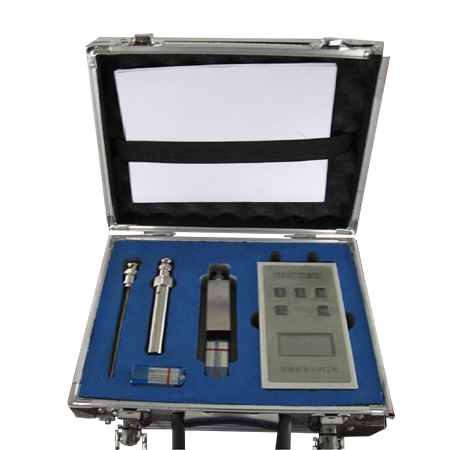-
Hot
ASTM D3948 Water Separation Characteristics Of Aviation Turbine Fuels
This tester provides a measure of the presence of surfactants in aviation turbine fuels. it can detect carryover traces of refinery treating residues in fuel as produced. They can also detect surface active substances added to or picked up by the fuel during handling from point of production to point of use. Certain additives can also have an adverse effect on the rating. Some of these substances affect the ability of filter separators to separate free water from the fuel.
Send Email Details -
ASTM D613 Cetane Number of Diesel Fuel Oil
The cetane number of a diesel fuel oil is determined by comparing its combustion characteristics in a test engine with those for blends of reference fuels of known cetane number under standard operating conditions. This is accomplished using the bracketing handwheel procedure which varies the compression ratio (handwheel reading) for the sample and each of two bracketing reference fuels to obtain a specific ignition delay permitting interpolation of cetane number in terms of handwheel reading.
Send Email Details -
ASTM D7525, ASTM D7545 Rapid Small Scale Oxidation Stability Tester
A 5ml sample is introduced into a vessel which is then charged with oxygen to 500kPa at a temperature of 15 to 25℃. The test is initiated by starting the heater and heating the pressure vessel to a temperature of 140℃. The pressure is recorded continuously until the breakpoint is reached. Alternatively, the test maybe terminated when a predetermined minimum requirement is reached.
Send Email Details -
ASTM D2274 Oxidation Stability Of Distillate Fuel Oil (Acceleration Method)
This test method provides a basis for the estimation of the storage stability of middle distillate fuels such as No. 2 fuel oil.
Send Email Details -
ASTM D240 Bomb Calorimeter
Standard Test Method for Heat of Combustion of Liquid Hydrocarbon Fuels by Bomb Calorimeter
Send Email Details -
ASTM D1094 Automatic Water Reaction Of Aviation Fuels
A sample of the fuel is shaken, using a standardized technique, at room temperature with a phosphate buffer solution in scrupulously cleaned glassware. The cleanliness of the glass cylinder is tested. The change in volume of the aqueous layer and the appearance of the interface are taken as the water reaction of the fuel.
Send Email Details -
ASTM D1500 ASTM Color Of Petroleum Products
Determination of the color of petroleum products is used mainly for manufacturing control purposes and is an important quality characteristic, since color is readily observed by the user of the product. In some cases, the color may serve as an indication of the degree of refinement of the material. When the color range of a particular product is known, a variation outside the established range may indicate possible contamination with another product. However, color is not always a reliable guide
Send Email Details -
ASTM D156 Saybolt Chromometer
The height of a column of sample is decreased by levels corresponding to color numbers until the color of the sample is unmistakably lighter than that of the standard. The color number above this level is reported, regardless of whether the sample was darker, questionable, or a match at the higher level
Send Email Details -
ASTM D1322 Smoke Point Of Kerosine And Aviation Turbine Fuel
The smoke point is related to the hydrocarbon type composition of such fuels. Generally the more aromatic the fuel the smokier the flame. A high smoke point indicates a fuel of low smoke producing tendency.
Send Email Details -
ASTM D524 Ramsbottom Carbon Residue Of Petroleum Products
The carbon residue value of burner fuel serves as a rough approximation of the tendency of the fuel to form deposits in vaporizing pot-type and sleeve-type burners. Similarly, provided alkyl nitrates are absent (or if present, provided the test is performed on the base fuel without additive) the carbon residue of diesel fuel correlates approximately with combustion chamber deposits.
Send Email Details -
ASTM D482 Ash Content Oven
Knowledge of the amount of ash-forming material present in a product can provide information as to whether or not the product is suitable for use in a given application. Ash can result from oil or water-soluble metallic compounds or from extraneous solids such as dirt and rust
Send Email Details -
ASTM D2624 Conductivity Of Aviation Fuel
The ability of a fuel to dissipate charge that has been generated during pumping and filtering operations is controlled by its electrical conductivity, which depends upon its content of ion species. If the conductivity is sufficiently high, charges dissipate fast enough to prevent their accumulation and dangerously high potentials in a receiving tank are avoided
Send Email Details
